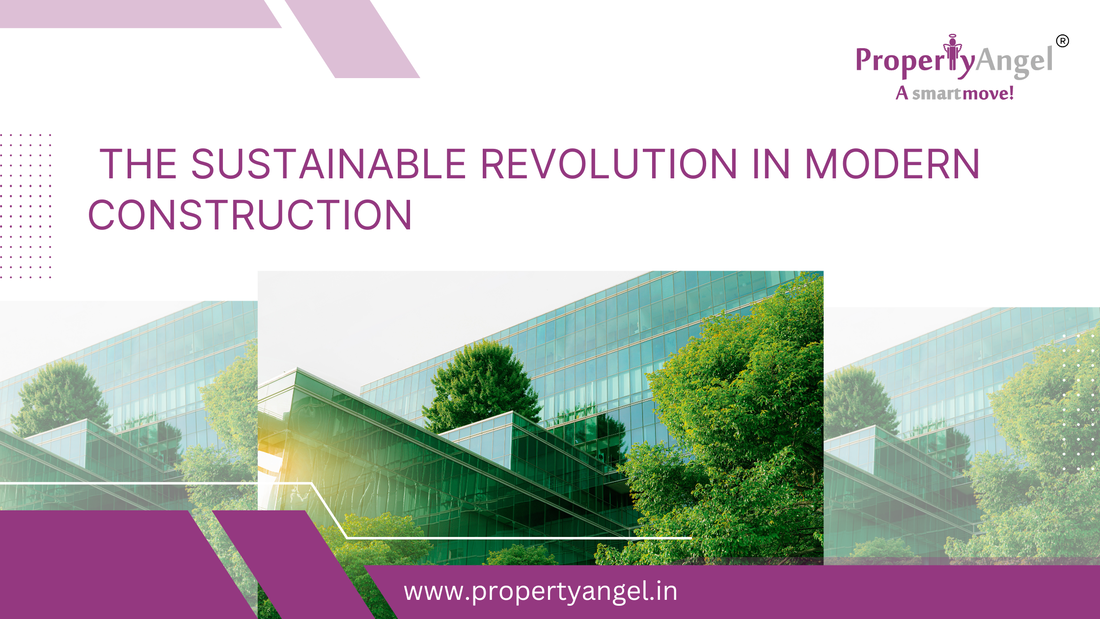|
Fractional property ownership (FPO) is a concept gaining popularity in the Indian real estate market, offering a unique way for individuals to invest in high-value properties. This blog aims to examine the core of fractional ownership, discuss its advantages and disadvantages, highlight key players in the field, explore turnover and return on investments, and draw comparisons with other investment avenues like Real Estate Investment Trusts (REITs) and Alternative Investment Funds (AIFs).
Let’s understand Fractional Property Ownership (FPO) Fractional property ownership involves multiple investors collectively owning a portion of a high-value real estate. In India, this model is gaining traction as it allows investors to enter the real estate market with a smaller capital outlay while enjoying the benefits of property ownership. Advantages of Fractional Property Ownership
Disadvantages of Fractional Property Ownership
Turnover and Return on Investments: Fractional property ownership platforms typically provide regular updates on property performance. Investors can expect returns through rental income and potential appreciation in property value. However, it's essential to consider the long-term nature of real estate investments. Comparison with REITs and AIFs: FPO v/s REITs
FPO v/s AIFs
Conclusion Fractional property ownership in India provides a new way for people with less money to invest in real estate. It has benefits like less financial stress and spreading out investments. But, it's crucial to be careful because there are also potential downsides. Before choosing fractional ownership, investors should think about their risk tolerance and goals. It's good to compare it with other options like REITs and AIFs. As real estate changes, fractional ownership is expected to become more important in how Indians invest in property. About PropertyAngel PropertyAngel is a leading O2O (online-to-offline) second landlord platform. We are a Bangalore-based property management company offering professional property management for individual apartments, houses, and villas. If you need assistance in managing your property effectively in Bangalore, please contact us at (91-7406484455).
3 Comments
In the ever-evolving landscape of construction, the need for sustainability has become the headline. The choices we make in building materials and design not only shape the physical structures around us but also play a significant role in preserving our planet. In this edition, we will explore all about sustainable construction.
The foundation of sustainable construction lies in the materials we use. Making use of materials like recycled steel, recycled wood, and energy-efficient insulation transforms homes into eco-friendly life spaces. These cool materials not only enhance structural integrity but also contribute to a greener future. As we embrace these innovations, future homes are set to combine both environmental consciousness and an aesthetic appeal. Imagine a building that breathes in harmony with nature, regulating its temperature through inspired design. Architects and engineers are increasingly turning to bioclimatic principles, creating spaces that stay cool without the need to depend on traditional air conditioning systems. From the usage of green roofs that absorb sunlight to well-planned ventilation channels inspired by nature, this idea explores how these nature-inspired solutions are not only making buildings more comfortable but also significantly building up energy efficiency. A global challenge that demands innovative solutions is the scarcity of water. Progressive projects are taking a significant step in the right direction by integrating water recycling technology. Treating and reusing sewage water not only contributes to water conservation but also establishes an eco-friendly approach to building design. Recycling used water helps sustainable construction meet the pressing need for water resource management. Moving on to the ROI of investing on a sustainable project. Green building practices offer not only ecological benefits but also a compelling return on investment . Green buildings, designed with energy efficiency, recycled materials, and sustainable systems in mind, demonstrate a lower environmental impact over their lifecycle. Beyond environmental safety, these buildings often cut down the cost through reduced energy consumption, water conservation, improved indoor air quality, etc. The long-term financial gains, along with the positive environmental impact, make green building investments a wise choice. To propel construction into a more sustainable future, new visions and ideas are essential. We believe in the power of shared knowledge and collective action. As you explore the possibilities of sustainable construction through this newsletter, we encourage you to take a moment and listen to our podcast that decodes eco-friendly constructional practices in real estate in India from one of the experts himself, Suhail Rahman, MD & CEO of CoEvolve Estates, leading developer in Bangalore specializing in sustainable designs. Guided by his innovative vision, the projects undertaken by CoEvolve have won several awards and titles including Asia Pacific's Greenest Residential Project by the World Green Building Council. In the context of the environmental challenges of present-day construction, the call to action is clearly to embrace sustainability. Let every structure be a testament to innovation and a commitment to harmonious coexistence with our planet. Together we can build a sustainable tomorrow. About PropertyAngel PropertyAngel is a leading O2O (online-to-offline) second landlord platform. We are a Bangalore-based property management company offering professional property management for individual apartments, houses, and villas. If you need assistance in managing your property effectively in Bangalore, please contact us at (91-7406484455). |
Archives
July 2024
Categories |



 RSS Feed
RSS Feed